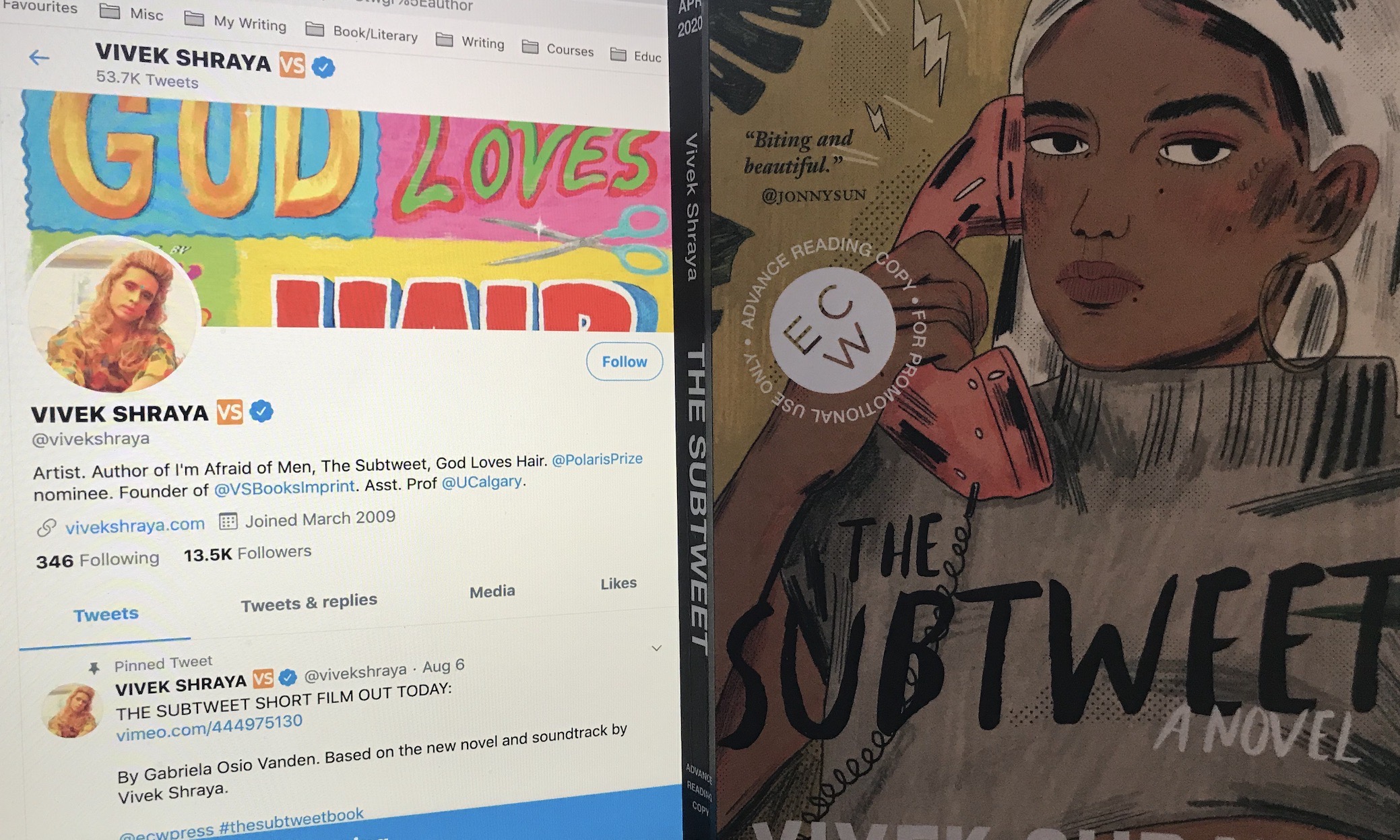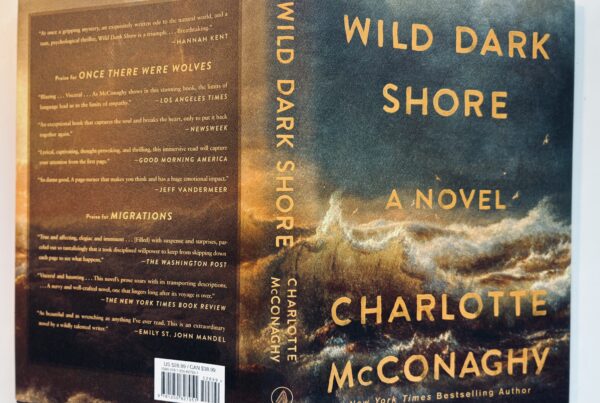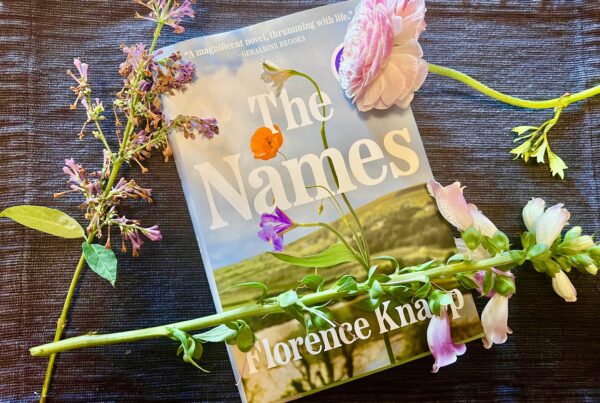I’m on Instagram and Facebook, but not on Twitter. When I look at Twitter, I get overwhelmed. So when I picked up Vivek Shraya’s incisive treatment of Twitter and social media culture, The Subtweet, I had to catch up on some lingo—namely, whatever the hell a subtweet is.
According to Merriam-Webster (yes, “subtweet” is in Merriam-Webster), a subtweet is “a usually mocking or critical tweet that alludes to another Twitter user without including a link to the user’s account and often without directly mentioning the user’s name.” In other words: online shade. A digital hand to the face. Internet side-eye.
Silently thanking my better judgement for not exposing myself to said subtweets, I dove into Shraya’s novel. I was immediately a fan as soon as I saw her dedication: “For Whitney Houston.” Yes. I was an even bigger fan when Shraya’s epigraph was a quote by Arundhati Roy castigating “Big capital” for its “racism, caste-ism and sexism and gender bigotry.”
What follows is a fast-paced and utterly engrossing narrative that explores Twitter culture, the music industry, and female friendship mostly through the eyes of two protagonists—Neela and Rukmini. When well-respected but still under-rated indie musician Neela Devaki’s song is covered by internet artist Rukmini and goes viral, the two women are thrown into a complicated but close friendship. As Shraya builds their friendship, we see the insecurities and resentments, but also intimacy and affection between them grow.
Simultaneously, Shraya shows us the pressures of a music industry laden with all those ‘isms’ Arundhati Roy speaks of on two brown women trying to make their art. (Side-note: I so appreciated how Shraya wove in feminist theory and shout-outs to feminists of colour throughout the narrative.) Shraya, a musician herself (the book even has an accompanying album with original songs featured in the story), cuts down to the bone in her satirical treatment of industry ‘types’—the wannabe woke white pop singer, the slick and icky big producer, the hip but casually racist/sexist indie rocker guy, and more. But Shraya also manages to give most (not all) of these characters some depth as well. They’re not simply stereotypes.
Eventually, one careless subtweet blows up the friendship and the careers of the two women. I found myself truly in suspense throughout the second half of the book, waiting anxiously to see what twist the internet would unleash on Neela and Rukmini next and how things would turn out for both of them. I wasn’t disappointed.
I don’t even like Twitter, but I thoroughly enjoyed this book. I suspect those of you who actually engage in the platform will appreciate it even more. But anyone who enjoys strong, complex characters and sharp lashes at internet/pop culture will find it a fulfilling read.




